The 6 Most Influential Philosophers Throughout History: Pioneers of Our Intellectual Revolution

Philosophy has played a pivotal role in shaping the course of human civilization. From the ancient Greek thinkers to modern-day philosophers, these profound minds have stimulated intellectual discourse, challenged societal norms, and ignited revolutions of thought.
In this blog post, we will explore and honor the 6 most influential philosophers throughout history, whose ideas continue to resonate in our contemporary world.
1. Socrates (469-399 BCE)
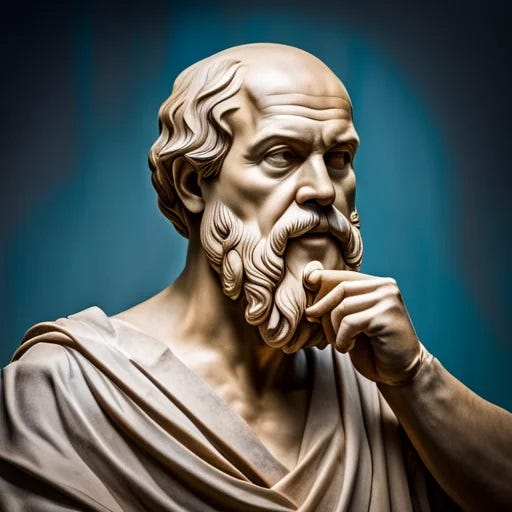
- Socrates was an ancient Greek philosopher who is considered one of the founding figures of Western philosophy. He was born in Athens in 469 BCE and lived until 399 BCE.
- Socrates did not write any philosophical texts himself, but his ideas were passed down through his most famous student, Plato, and other disciples like Xenophon.
- Socrates is primarily known for his teaching method called the Socratic method or elenchus, which involved a process of questioning and dialogue to encourage critical thinking and self-reflection.
- One of Socrates' main contributions was his attempt to seek universal definitions for moral concepts such as justice, goodness, and piety.
- He believed in the importance of self-examination and the pursuit of knowledge as a means to live a virtuous life.
- Socrates emphasized the importance of rationality and ethical conduct in individuals, challenging conventional beliefs and encouraging students to think for themselves.
2. Plato (428/427-348/347 BCE)
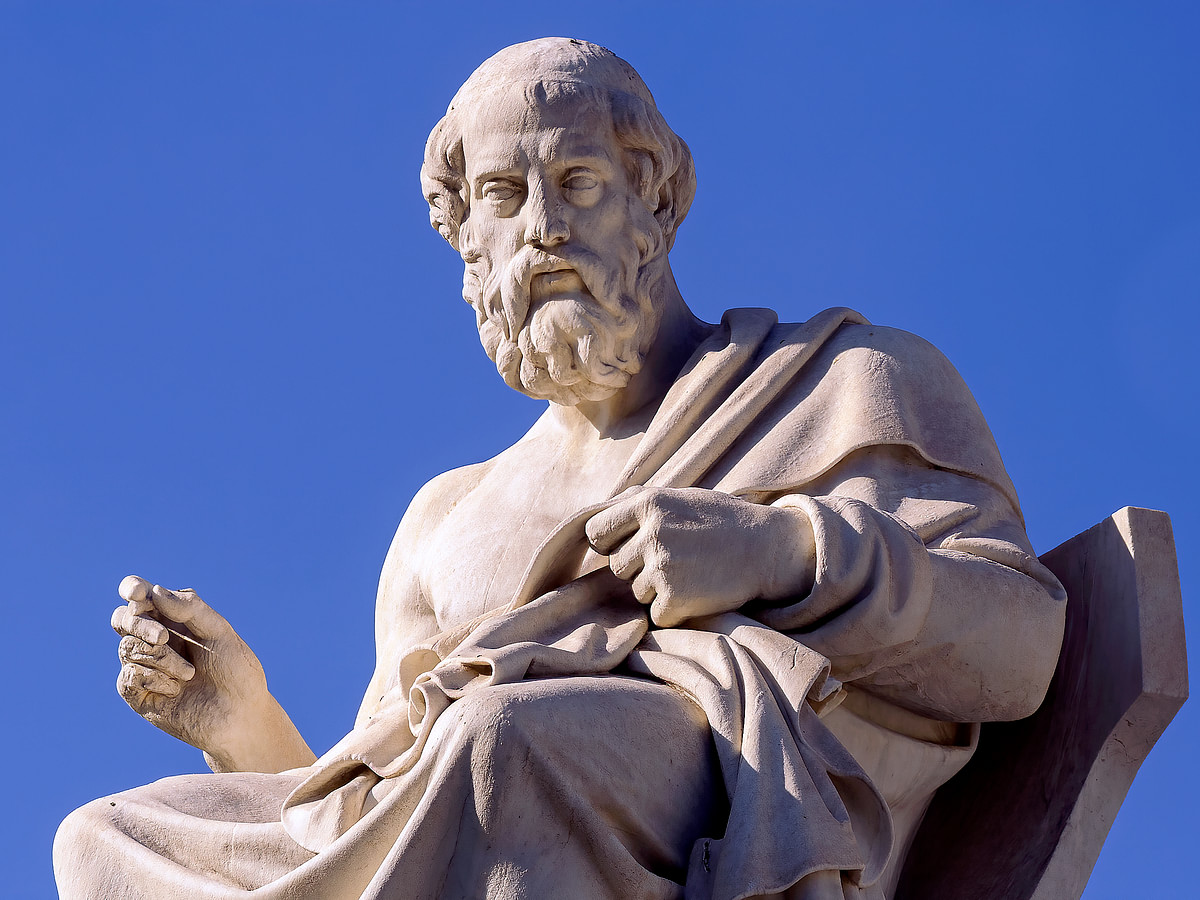
- Plato (427-347 BCE) was an ancient Greek philosopher and mathematician. He was a student of Socrates and the teacher of Aristotle.
- Plato is widely regarded as one of the most important figures in the development of Western philosophy.
- Plato's philosophical works primarily consist of dialogues, where he used conversations between Socrates and other characters to explore and present his ideas.
Some key contributions include:
- Theory of Forms: Plato proposed that the physical world we perceive is just a shadow or reflection of a higher reality of perfect and eternal forms. According to him, the ultimate truth lies in the realm of these abstract ideas or forms.
- Knowledge and Epistemology: Plato distinguished between two kinds of knowledge: the knowledge of appearances (based on sensory experience) and the knowledge of reality (based on reason). He emphasized the importance of rational inquiry and critical thinking in the pursuit of true knowledge.
- Theory of the Soul: Plato considered the soul as immortal and composed of three parts – reason, spirit, and desire. He explored the nature of the soul, its relation to the body, and its journey through different states, eventually leading to the realm of the forms.
- Ethics and Justice: Plato's dialogues extensively discuss virtue, morality, and the ideal state. He argued that true virtue and justice can be attained through the knowledge of the forms and the harmonious arrangement of citizens in a just society.
- Education and Philosophy: Plato emphasized the role of education in shaping individuals and society. He believed that education should focus on developing the inherent potential of individuals, cultivating critical thinking, and building a just and harmonious society.
3. Aristotle (384-322 BCE)
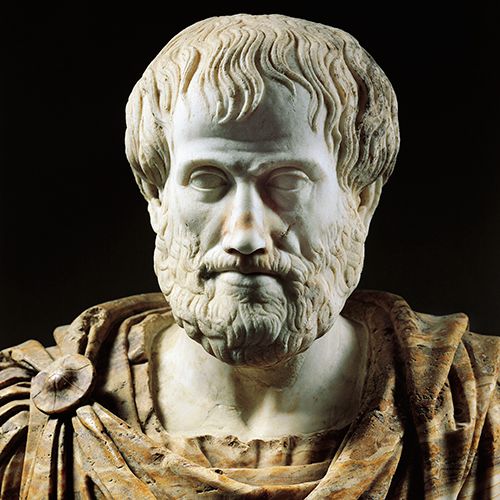
- Aristotle was an ancient Greek philosopher (384-322 BCE) who significantly influenced Western philosophy. He was a student of Plato and a teacher of Alexander the Great.
- Aristotle made substantial contributions to many areas of study, including philosophy, biology, physics, ethics, psychology, politics, and metaphysics.
Some of his key contributions to the field of philosophy include:
- Logic: Aristotle developed the study of logic and introduced the system of syllogism, which involves concluding from given premises. His work on logic provided the foundation for deductive reasoning and influenced the development of formal logic.
- Metaphysics: Aristotle's work in metaphysics explores the nature of existence, reality, and the ultimate purpose and meaning of life. He posited that everything in the world has a cause and that understanding these causes can lead to a deeper understanding of reality.
- Ethics: Aristotle's ethical philosophy is centered around the concept of eudaimonia, which he describes as the ultimate goal of human life, often translated as "flourishing" or "living well." He believed that living a virtuous life is essential for achieving eudaimonia, and he discussed virtues, such as courage, justice, and wisdom.
- Politics: Aristotle's political philosophy analyzes the nature and function of the state, exploring different forms of government and their merits. He advocated for a mixed government, combining elements of monarchy, aristocracy, and democracy, believing that it would lead to the most stable and just society.
- Natural Sciences: Aristotle made significant contributions to various sciences, including biology, physics, and psychology. He collected and classified information about the natural world, making observations and drawing conclusions about animals, plants, and the physical world. Some of his ideas in these fields were influential for centuries to come.
4. René Descartes (1596-1650)

- Famous for his statement "Cogito, ergo sum" (I think, therefore I am), Descartes is considered a foundational figure in modern philosophy.
- René Descartes was a 17th-century French philosopher, mathematician, and scientist.
- He is often considered one of the most important figures in the development of modern Western philosophy.
- Descartes' contributions to the field of philosophy are significant and diverse.
- One of his most important ideas was the development of a foundationalist approach to knowledge, famously known as Cartesian skepticism.
- He famously said, "Cogito, ergo sum" (I think, therefore I am), which emphasized the existence of the self as a thinking entity, independent of any external world.
- Descartes also made significant contributions to the philosophy of mind and metaphysics. He argued for a dualistic view of the mind and body, asserting that they are fundamentally separate entities.
- According to Descartes, the mind or soul is an immaterial substance, capable of existing independently of the body. This view laid the groundwork for modern debates on the mind-body problem.
5. Immanuel Kant (1724-1804)
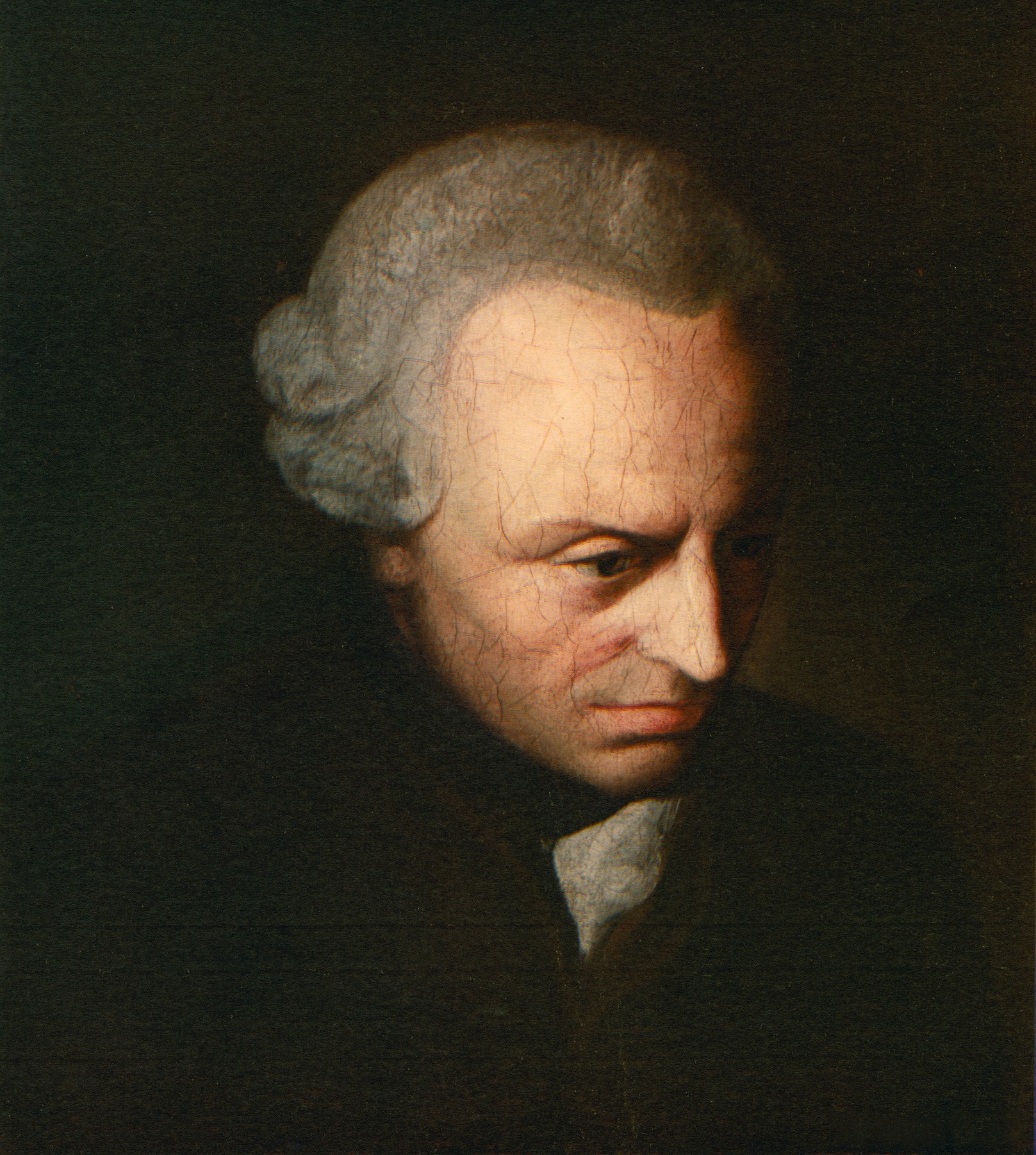
- Immanuel Kant (1724-1804) was a German philosopher and one of the most influential figures in Western philosophy.
- He is best known for his work in epistemology, metaphysics, ethics, and aesthetics.
Here are some of his major contributions:
- Transcendental Idealism: Kant introduced the philosophy of transcendental idealism, which attempted to reconcile the rationalist and empiricist traditions. He argued that human knowledge is shaped by both experience and the inherent structures of the mind.
- Critique of Pure Reason: Kant's most famous work, the "Critique of Pure Reason," explores the limits and possibilities of knowledge. He distinguished between "phenomena" (the appearances we experience) and "noumena" (things as they are in themselves), arguing that we can only know phenomena and not the ultimate nature of reality.
- Moral Philosophy: Kant's ethical theory, known as deontological ethics, emphasized the rationality of moral decisions. He proposed the "categorical imperative," a principle that requires individuals to act according to principles that could be universally applied without contradiction.
- Aesthetics: Kant contributed to the field of aesthetics by asserting that beauty is not a property of objects but rather an experience created by the interaction between a perceiver and an object. He argued for the autonomy of aesthetics, suggesting that judgments of beauty are based on universal principles.
- Peace Theory: Kant also wrote on political philosophy and advocated for a world governed by democratic republics that promote peaceful relations. His concept of "perpetual peace" argued for the establishment of a federation of states to prevent war.
6. Friedrich Nietzsche (1844-1900)
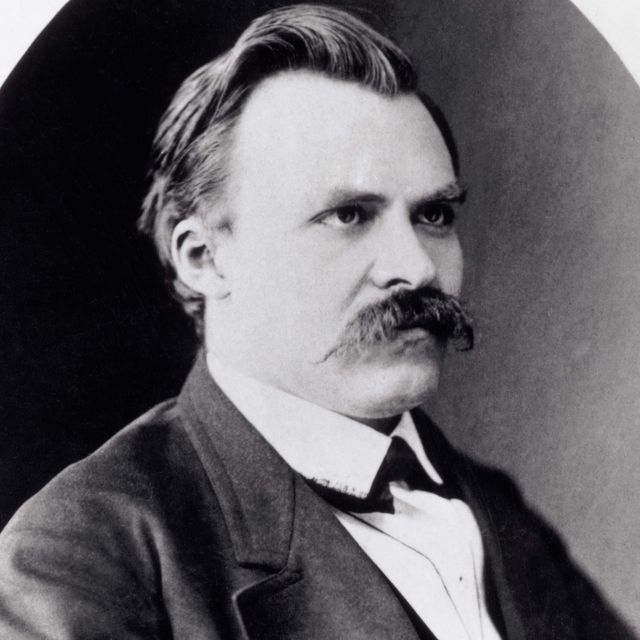
- Remembered for his critiques of religion, morality, and philosophy, often associated with the concept of the "Übermensch" or "Superman."
- Friedrich Nietzsche was a German philosopher, cultural critic, and a key figure in the development of existentialism and postmodernism. He lived from 1844 to 1900.
- Nietzsche is known for his controversial views on various topics such as morality, religion, truth, aesthetics, and the nature of human existence.
- His works have had a profound influence on philosophy, literature, psychology, and various other fields.
Some of Nietzsche's major contributions to the field of philosophy are:
- Rejection of traditional morality: Nietzsche famously proclaimed the death of God and argued that traditional morality, founded in religious beliefs, was no longer valid or sufficient for a meaningful human existence. He advocated for the idea of creating one's values and the pursuit of personal power and self-realization.
- Will to Power: Nietzsche introduced the concept of the "will to power," which suggests that all living beings have an innate drive to exert their power and enhance their life. This concept influenced later philosophers like Martin Heidegger and Michel Foucault.
- Eternal recurrence: Nietzsche proposed the idea of "eternal recurrence," which suggests that all events in the world repeat in an endless cycle. He argued that embracing this concept could lead to a life of greater authenticity and acceptance of life's inherent difficulties.
- Ubermensch: Nietzsche introduced the concept of the "Ubermensch," often translated as the "Superman" or "Overman." He described the Ubermensch as an individual who could transcend traditional morality and create their values to overcome societal constraints and achieve self-realization.
- Critique of nihilism: Nietzsche explored the implications of the "death of God" and warned against the dangers of nihilism, which is the belief in a lack of objective meaning or value in life. He argued that avoiding nihilism required the creation of new values and a revaluation of all existing values.
Read more: Common Behavioral Problems in the Classroom and How to Deal with Them
To Sum Up
As we conclude our exploration of the most influential philosophers throughout history, it is obvious that their contributions have laid the foundation for modern thought.
From the ancient philosophical foundations established by Socrates, Plato, and Aristotle, to the revolutionary ideas of Descartes, Kant, and Nietzsche, these philosophers have expanded our collective consciousness and guided humanity's search for meaning.
May we continue to study, discuss, and celebrate the philosophies of these remarkable thinkers, allowing their wisdom to guide us in our relentless pursuit of truth and understanding.
Visit Schoolizer to learn more about teaching methods to help you become the best version of yourself.
Read more: The Most Common Classroom Problems and Solutions






